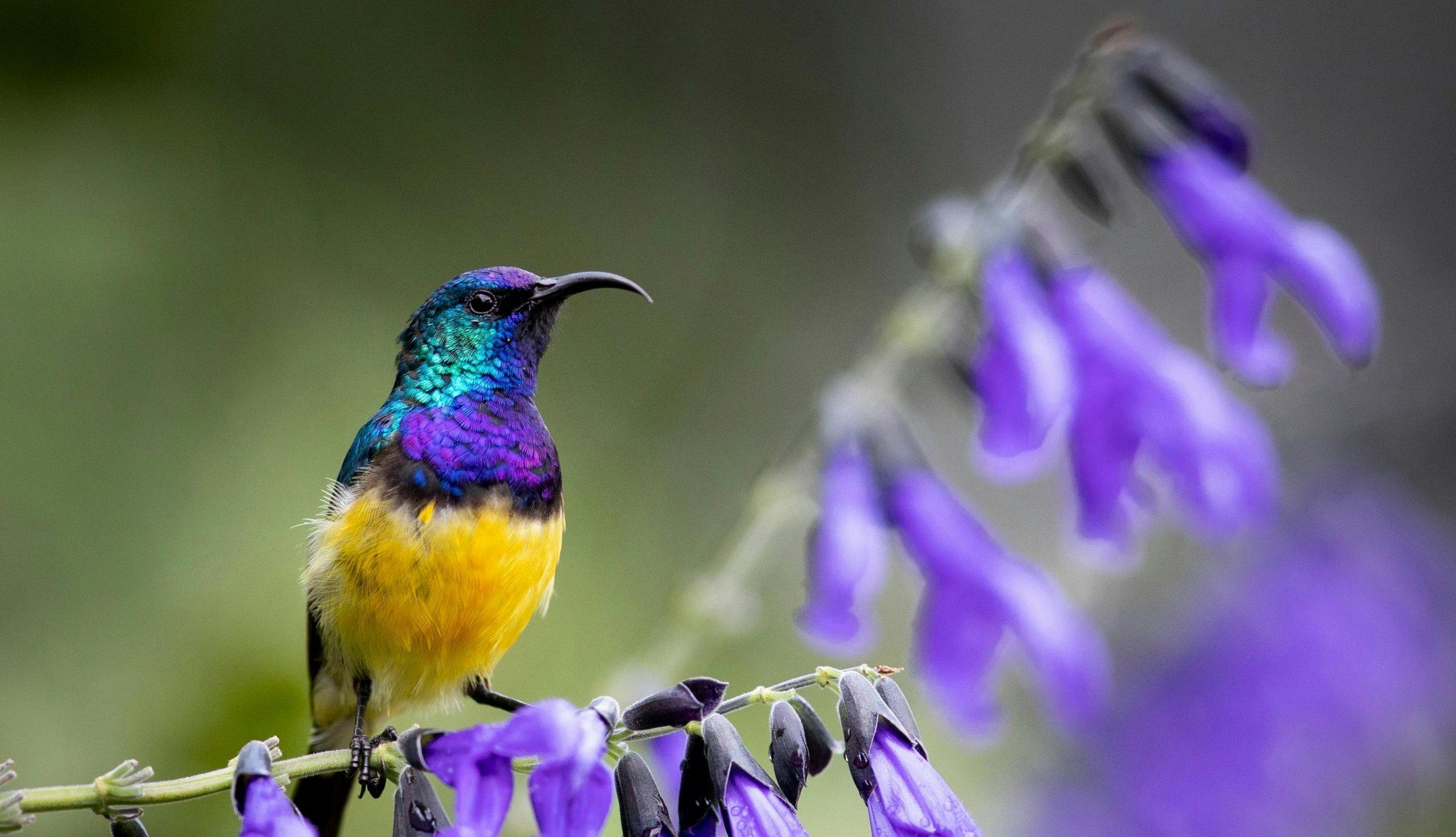COP15: Not All Nature is Created Equal

What is COP15?
The UN Biodiversity Conference (COP15), the world’s largest biodiversity conference in over a decade, is taking place in Montreal, Canada from 7-19 December. Governments from around the world are coming together to agree on a new set of goals to guide global action to stop and reverse nature loss.
Whereas the recent COP27 was focused on global action to halt climate change caused by carbon dioxide, COP15 is aimed at developing similar targets for nature. Many are calling COP15, the Paris moment for nature, representing unprecedented international focus on the potentially catastrophic biodiversity loss and ecosystem collapse facing humanity.
Nature is critical to meeting the UN Sustainable Development Goals and also plays an important role in limiting global warming to 1.5 degrees.
Why does COP15 matter?
Adoption of a bold global biodiversity framework (GBF) that addresses and targets the key drivers of nature loss is needed to secure our own health and well-being alongside that of every single living organism on the planet.
The first job of the delegates is to agree on a post-2020 GBF and to reach agreement on achieving nature positive status by 2030. This means that by 2030, there will be more nature globally than in 2020 with the aim of achieving ‘full’ restoration by 2050.
Progress on reporting requirements for big corporations is well supported with over 350 companies worldwide supporting the proposal.
Carbon removal and sequestration aids in addressing global warming. Keeping global warming to below 1.5 degrees is impossible without also addressing nature loss. Healthy ecosystems clean our water, purify our air, maintain our soil, regulate the climate, recycle nutrients and provide us with food. They provide raw materials and resources for medicines and other purposes. They are at the foundation of all civilization and sustain our economies.
What does success look like at COP15?
We believe that there are two critical goals that need to be achieved.. Firstly, international agreement on a nature target such as 30 x 30 (30% of the world’s land and sea area protected for nature by 2030) and secondly, agreement on making nature reporting mandatory.
The latter would require all organizations whose business activities either impact or are dependent upon nature to set targets, report and prioritize interventions that shift impacts and dependencies into nature positive impact. This might mean managing invasive weeds and pests that are impacting native flora and fauna populations or replanting deforested areas. Important to success on both fronts is the understanding that not all nature is created equal. Protecting and/or restoring the ecosystems that matter most will be critical.
This is the moment for humanity to recognize that further loss of forests, wild places and critical habitat will not only make achieving our climate goals impossible but will push the ecosystems that support us beyond the point of recovery. The resilience of our natural world enables our survival. As we erode those systems – their ability to support our needs for food, fibre, air, water, building products, pharmaceuticals and a myriad other things disappears.
Dendra will be at COP15 showcasing our nature data solutions and participating as panelists in 3 Taskforce on Nature-related Financial Disclosures (TNFD) data labs including agriculture; mining and resource extraction; and innovation and tech.